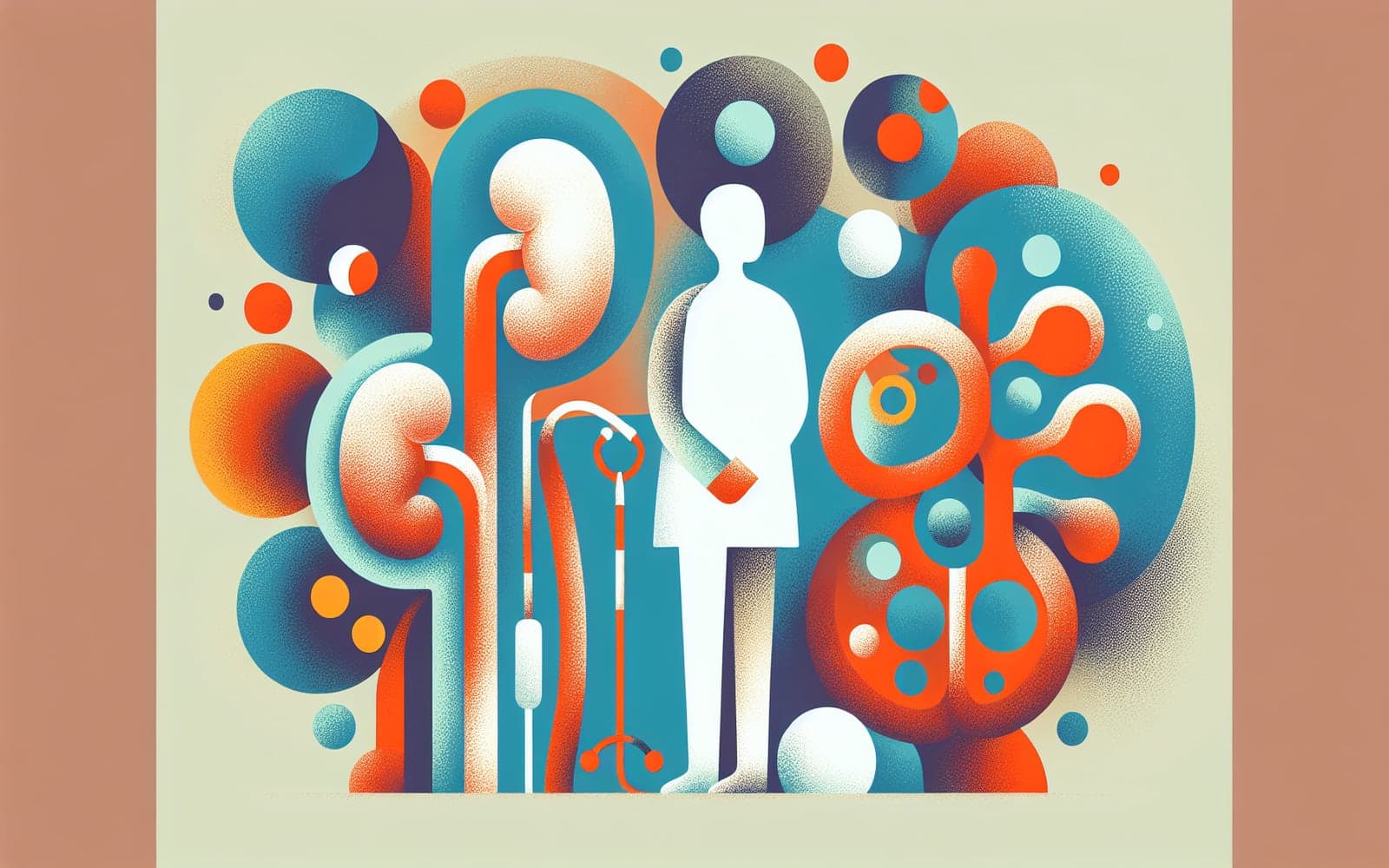How Tests Uncover Hidden Kidney Problems
Published: Apr 20, 2024

Medically reviewed by Oghenefejiro Okifo | MD, Harvard Medical School | Henry Ford Hospital - Detroit, MI on April 20th, 2024.
Testing is crucial for diagnosing kidney issues early. Discover how these tests work and what they reveal.
Contents
The Power of Blood Tests
Blood tests are a key tool in diagnosing kidney disease. They measure levels of creatinine, a waste product that healthy kidneys filter out. Elevated creatinine indicates that the kidneys may not be working properly, which is often the first sign of CKD.
Understanding Urine Tests
Urine tests help doctors see how well your kidneys are working. They look for protein or blood in the urine, which can indicate kidney damage. These tests are simple but provide valuable clues about kidney health.

The Role of Imaging
Imaging tests like ultrasounds can show the size and shape of the kidneys. They help doctors identify physical changes, such as cysts or blockages, that could affect kidney function. Imaging is a non-invasive way to get a closer look at the kidneys.
Frequently Asked Questions
Blood tests can detect early signs of kidney problems by measuring creatinine levels.
Urine tests reveal protein or blood levels that indicate kidney damage.
Imaging shows kidney size and shape, helping to spot cysts or blockages.
No, they are usually simple and non-invasive.
Key Takeaways
Regular testing is key to catching kidney issues before they become serious.
Next steps: Discuss these tests with Doctronic to stay ahead of kidney health.Related Articles
References
Rose BD. Pathophysiology of Renal Disease, 2nd ed., McGraw-Hill, New York 1987. p.41.
Moghazi S, Jones E, Schroepple J, et al. Correlation of renal histopathology with sonographic findings. Kidney Int 2005; 67:1515.
This article has been reviewed for accuracy by one of the licensed medical doctors working for Doctronic. Always discuss health information with your healthcare provider.

